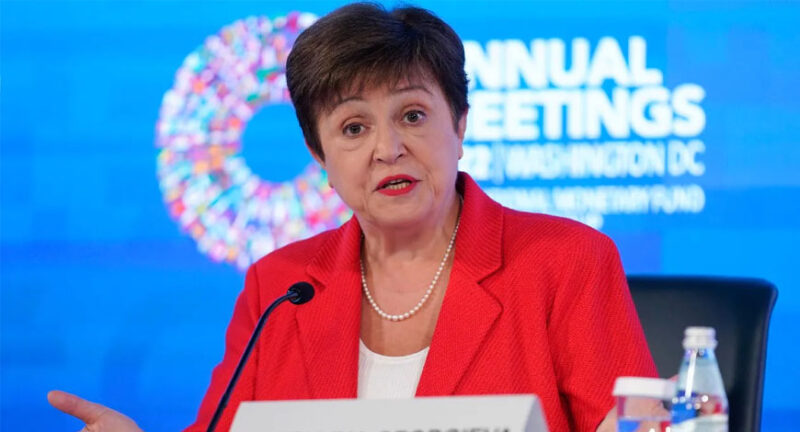In a recent blog post, Managing Director of the International Monetary Fund (IMF), Kristalina Georgieva, highlighted the significant impact of artificial intelligence (AI) on global employment. According to an IMF analysis, nearly 40 percent of jobs worldwide will be influenced by AI, with advanced economies experiencing a 60 percent impact, emerging markets 40 percent, and low-income countries 26 percent.
Georgieva expressed concern about the potential widening of wealth gaps due to AI, emphasizing that if the technology disproportionately benefits high-income workers, it could exacerbate overall inequality. She urged policymakers to address this issue proactively to prevent social tensions from escalating.
Within advanced economies, half of the 60 percent of affected jobs are expected to see increased productivity through AI integration, benefiting workers. However, the other half may face challenges such as reduced labor demand or lower wages as AI takes over tasks traditionally performed by humans. Georgieva also highlighted the 26 percent impact in low-income countries, noting that many lack the necessary infrastructure and skilled workforce to harness AI’s benefits, potentially deepening inequality among nations over time.
The IMF predicts that higher-income and younger workers will experience income growth, while lower-income and elderly workers may be left behind. To address these challenges, Georgieva emphasized the importance of countries establishing comprehensive social safety nets and implementing retraining programs for vulnerable workers. This, she believes, will make the transition to AI more inclusive, protecting livelihoods and mitigating inequality.
The implications of this analysis are expected to be a key topic at the upcoming World Economic Forum in Switzerland, scheduled from January 15 to January 19. The forum, bringing together global business and political leaders, will provide a platform for discussions on AI and its impact on geopolitics, business, culture, and society.

